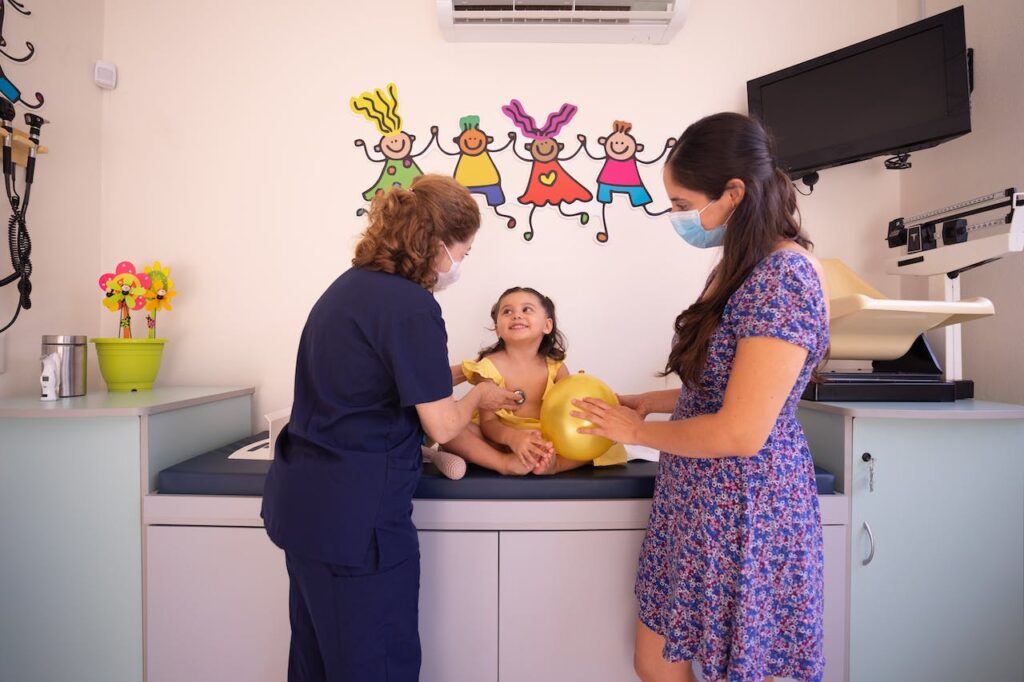Introduction
Diagnosing autism poses a distinctive set of challenges, as there is no single definitive test for confirmation. Parents of children with autism frequently navigate consultations with various healthcare professionals and undergo numerous diagnostic procedures. This article guides parents on accessing the right healthcare professionals for autistic children for comprehensive understanding and management of autism.
Consulting the Pediatrician
When parents notice changes in their child’s behavior, especially in the early years, the initial step is consulting a pediatrician. Pediatricians specialize in evaluating, diagnosing, and treating illnesses in children. They play a pivotal role in monitoring overall developmental growth and identifying any deviations. If necessary, pediatricians may offer referrals to specialists.

Referrals to Child Neurologists
Pediatricians may refer parents to child neurologists for concerns related to neurological deficits. Child neurologists specialize in the nervous system, including the brain, spine, and nerves. Pediatricians are suitably qualified to administer tests such as electroencephalograms (EEG) or magnetic resonance imaging (MRI) to evaluate structural anomalies or conditions such as spina bifida.

Empowering autistic children commences with accessing the appropriate healthcare professionals—a fundamental step toward unlocking their unique potential and cultivating a brighter, more inclusive future.
Dr. Temple Grandin
Consulting Child Psychologists or Psychiatrists
For concerns related to mental and emotional well-being, pediatricians may refer parents to child psychologists or psychiatrists. Child psychologists offer counseling for mental and emotional disorders, while clinical psychologists can provide assessments, testing, and treatment. Child psychiatrists, equipped with additional medical training, specialize in diagnosing and treating mental disorders, including conditions like schizophrenia.

Referrals to Developmental Pediatricians
General practitioners may recommend parents to consult developmental pediatricians, particularly when addressing developmental delays linked to conditions like autism. Developmental pediatricians possess specialized training in caring for children with additional needs, making them well-equipped to address the challenges associated with autism.

Speech Pathologists for Speech Deficiency
Autism frequently involves speech deficiencies, and seeking guidance from a speech pathologist is crucial for fostering a child’s speech, language, and communication skills. Speech pathologists specialize in providing therapies and strategies to enhance these essential skills.

Conclusion
Navigating the diagnosis and management of autism involves collaborating with a range of healthcare professionals. By consulting the healthcare professionals for autistic children based on the specific needs of the child, parents can access comprehensive care and support. Though the journey may encompass multiple screenings and therapies, connecting with the right professionals tailored to the child’s needs can substantially alleviate stress and contribute to the well-being of both the child and the family.






